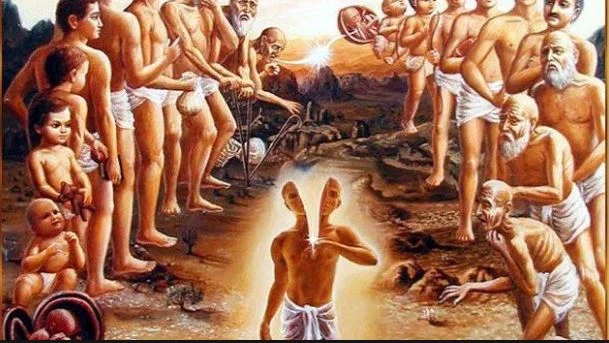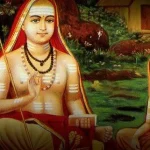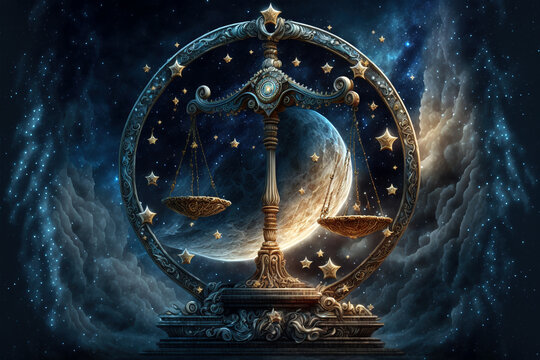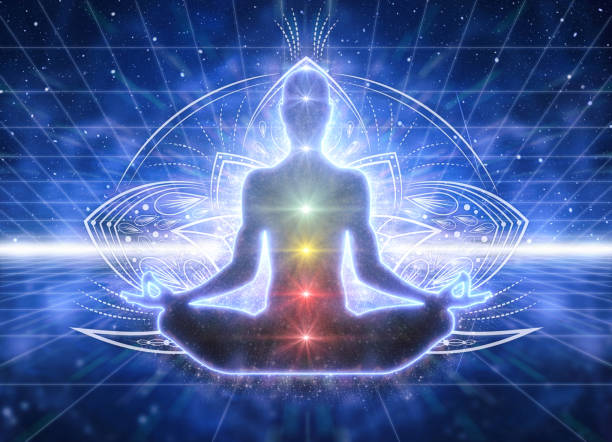The Philosophy of Karma and Reincarnation in Indian Religions

In Hinduism, the concepts of karma and reincarnation (samsara) are central to understanding life, death, and spiritual progression. These two intertwined beliefs shape not only the ethical behavior of individuals but also provide a framework for the soul’s journey through countless lifetimes toward the ultimate goal of liberation, or moksha.
Karma: The Law of Cause and Effect
At the heart of Hindu philosophy is the idea that every action has consequences. This is known as karma—the law of cause and effect. According to this belief, all actions—whether physical, verbal, or mental—generate karmic results. Good actions, such as kindness, honesty, and generosity, generate positive karma and lead to beneficial outcomes, while bad actions, such as deceit, cruelty, and selfishness, generate negative karma, resulting in suffering or misfortune.
Karma is not just about the physical actions but also the intentions behind them. In Hinduism, it is emphasized that the intention behind an action is just as important as the action itself. Performing one’s dharma (righteous duty) according to the laws of the universe ensures the accumulation of good karma.
Over lifetimes, the soul’s accumulated karma determines the nature of future lives. A life filled with positive karma may lead to birth in a favorable situation or an advanced spiritual path, while negative karma may result in challenges or lower forms of existence.
Reincarnation: The Cycle of Birth, Death, and Rebirth
Hinduism teaches that after death, the soul (atman) is not destroyed but is reborn in a new body. This continuous cycle of birth, death, and rebirth is called samsara. The form in which the soul is reborn is determined by the karma it has accumulated in previous lives. This cycle continues until the soul achieves moksha, liberation from samsara, through spiritual growth and realization of the ultimate truth.
Reincarnation offers the soul multiple chances to purify itself, learn from its mistakes, and grow spiritually. The process of being reborn is influenced by the actions and deeds (karma) of past lives, thus creating a deeply personal spiritual journey that spans across multiple lifetimes.
The Ultimate Goal: Moksha
The ultimate goal of this journey through samsara is moksha, or liberation. Moksha represents freedom from the cycle of birth and rebirth, where the soul reunites with the Supreme Divine, often represented as Brahman in Hindu philosophy. Moksha can only be achieved when the soul has purified itself of all karma, gaining self-realization and understanding its true nature.
The path to moksha is not easy and requires dedicated spiritual practice. Hindus believe in four main paths to spiritual liberation: the path of karma yoga (selfless action), bhakti yoga (devotion), jnana yoga (knowledge), and raja yoga (meditation). Each of these paths helps the individual progress toward the ultimate realization of Atman (the individual soul) as being one with Brahman (the Supreme Soul).
Impact on Hindu Practices and Worldview
Karma and reincarnation profoundly impact how Hindus live their lives. The knowledge that one’s actions in this life will affect their future existence leads to a strong emphasis on ethical behavior, compassion, and mindfulness. There is a deep respect for life, with practices such as ahimsa (non-violence) rooted in the belief that all living beings are interconnected through the law of karma.
The belief in samsara also encourages individuals to live virtuous lives in the hope of moving closer to moksha. Reincarnation offers a sense of continuity and purpose, as it gives individuals hope that each lifetime brings them closer to liberation.
Conclusion
In Hinduism, karma and reincarnation form the backbone of the spiritual journey. Karma, with its law of cause and effect, guides individuals toward righteousness and self-improvement, while reincarnation allows the soul multiple opportunities for growth. Ultimately, the goal is to attain moksha, freeing the soul from the endless cycle of birth and death. These philosophies offer profound insight into the nature of existence, morality, and the soul’s eternal quest for unity with the divine.










